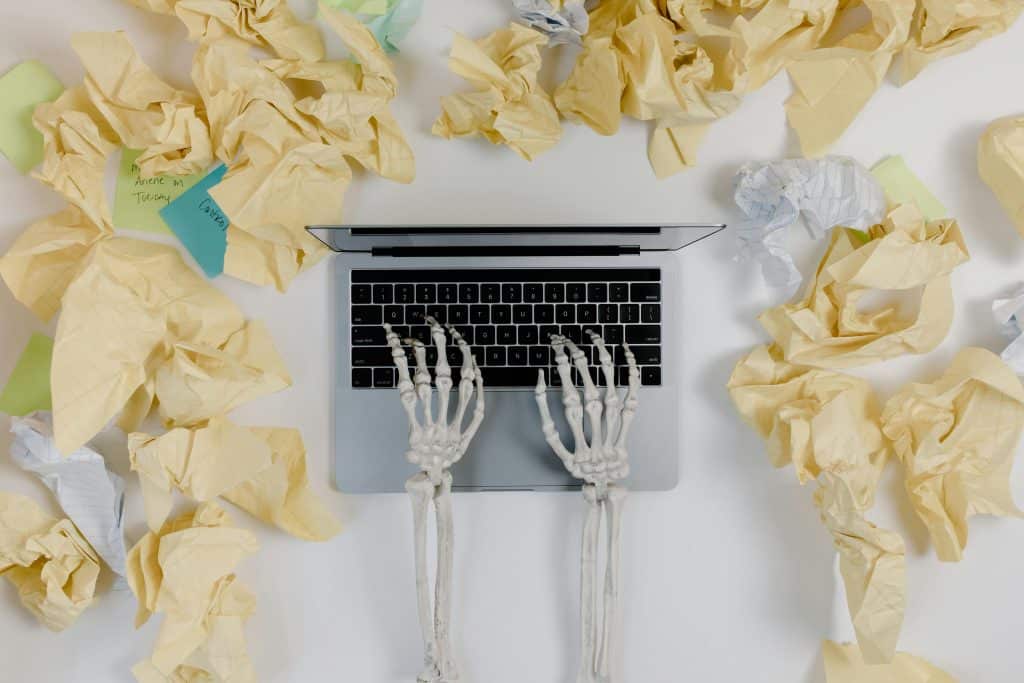In a world where remote work, constant notifications, and blurred boundaries between personal and professional life are the norm, achieving a healthy work-life balance feels more challenging than ever. However, research shows that small changes for work-life balance can have a profound impact on mental well-being, productivity, and long-term job satisfaction.
A 2024 report from McKinsey & Company highlights that 60% of employees cite work-life balance as a top priority when considering job opportunities, outranking even salary expectations. This growing emphasis underscores a critical shift: people are no longer chasing work-life balance as an abstract ideal but seeking tangible strategies to incorporate it into their daily routines.

Why Small Changes Matter More Than Overhauls
The notion that a perfect balance requires drastic life overhauls is outdated. Experts argue that micro-adjustments—simple, sustainable tweaks—are far more effective in fostering lasting change. According to a study published in Harvard Business Review, employees who introduced minor boundary-setting habits (like shutting off notifications during meals) reported a 23% increase in daily satisfaction and a 19% reduction in work-induced stress.
The Compound Effect of Small Habits
James Clear, author of “Atomic Habits,” emphasizes that small actions compound over time. Instead of aiming for massive shifts, creating a healthy work-life balance with small changes allows you to build momentum without overwhelming your existing responsibilities.
Practical Small Changes for Work-Life Balance
Below are simple, research-backed adjustments you can implement starting today:
1. Define Clear Start and End Times
- Set digital boundaries: Use apps like Focus@Will or RescueTime to remind you when the workday should end.
- Establish rituals to signal work’s end: Something as simple as a five-minute meditation or a short walk after logging off can mentally mark the transition from work to personal time.
2. Reclaim Breaks Intentionally
- Schedule non-negotiable 10-minute breaks: Neuroscientists suggest that short, regular breaks improve focus and reduce cognitive fatigue.
- Opt for active breaks: Stretching, light yoga, or even standing up and moving around refreshes your mind better than passive scrolling.
3. Designate Tech-Free Zones
- Create screen-free sanctuaries at home: Dedicating spaces like the dining table or bedroom for offline activities can reduce mental clutter and improve relaxation quality.
- Implement notification-free hours: Turning off non-essential app alerts for an hour daily can significantly reduce digital overwhelm.
4. Prioritize Mini-Wins Daily
- Start your day with one small personal win: This could be as simple as making your bed, journaling for five minutes, or reading a few pages of a book.
- End your day by acknowledging what went well: Reflecting on small victories builds a positive feedback loop, boosting motivation and satisfaction.
5. Practice “Micro-Disconnects”
- Take micro-pauses between tasks: Even 30-second intentional pauses between meetings or tasks can reset your cognitive focus.
- Mindful breathing for 60 seconds: A brief breathing exercise can alleviate tension and bring you back to the present moment.
The Science Behind Small Changes for Work-Life Balance
Numerous studies validate that incremental behavior adjustments significantly improve work-life integration. For instance, a 2023 research article in the Journal of Occupational Health Psychology found that employees who introduced small tech-boundary practices (like no-email weekends) reported a 25% improvement in overall life satisfaction [4].
Additionally, the shift towards hybrid and remote work has fueled a surge in micro-boundary strategies. A Gallup workplace survey in 2024 revealed that 48% of remote employees adopted small but consistent routines (e.g., morning walk before work, lunch away from screens) that enhanced their productivity and reduced burnout by 21% [5].
Overcoming the “All or Nothing” Mentality
One of the biggest barriers to achieving a healthier work-life balance is the misconception that it requires drastic, immediate life changes. This “all or nothing” mindset often leads to frustration and inaction.
Reframe Success in Micro-Increments
- A five-minute evening walk is a success.
- Turning off notifications for an hour is progress.
- One tech-free meal counts.
By celebrating small adjustments, you create a sense of control over your time and energy, which compounds into bigger, more impactful outcomes.
Small Changes for Work-Life Balance in Hybrid Workspaces
The hybrid work trend has accelerated the need for micro-boundaries. Companies are increasingly encouraging employees to adopt “micro-recovery” strategies during work hours.
Examples of Hybrid Micro-Adjustments:
- Virtual Commute Time: Schedule 10-15 minutes before and after your remote workday to simulate a commute, providing a mental buffer.
- Camera-Off Intervals: Alternate between camera-on and camera-off meetings to reduce Zoom fatigue.
- Physical Environment Cues: Use lighting, scents, or even background music to mentally segment work zones from personal zones at home.
Conclusion
The pursuit of work-life balance isn’t about grand gestures. It’s about acknowledging that small changes for work-life balance can build a powerful foundation for long-term well-being and success. In an era of hyper-connectivity and blurred boundaries, micro-adjustments are not just helpful—they’re essential.
By adopting simple habits like setting clear work hours, implementing tech-free zones, and prioritizing intentional breaks, you can reclaim control over your time and energy. These small shifts, sustained consistently, create a ripple effect that enhances not just your productivity, but your overall quality of life.
References
- McKinsey & Company, “The Great Attrition is Making Hiring Harder. Are You Searching the Right Talent Pools?”, 2024, https://www.mckinsey.com/business-functions/people-and-organizational-performance/our-insights
- Harvard Business Review, “The Power of Small Wins in Workplace Performance”, 2023, https://hbr.org/2023/01/the-power-of-small-wins-in-workplace-performance
- Science Daily, “Short Breaks Can Boost Focus and Productivity, New Study Finds”, 2023, https://www.sciencedaily.com/releases/2023/02/230215090703.htm
- Journal of Occupational Health Psychology, “Managing Tech Boundaries: Small Strategies, Big Impact on Employee Wellbeing”, 2023, https://psycnet.apa.org/fulltext/2023-10912-001.html










 How to Overcome Procrastination Through Structured Planning
How to Overcome Procrastination Through Structured Planning 

